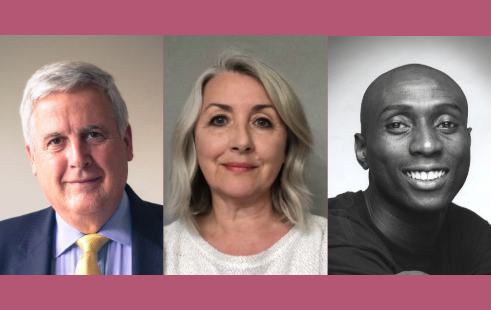Samira Saidi, former Director of Dance at English National Ballet School and current Guest Repetiteur with The Royal Ballet Company, was inspired to become a trustee after speaking to Dame Monica Mason, patron and former Chair of the fund.
“ On hearing about what the trust could provide for dance professionals I decided I wanted to be involved.”
Trustee Paul Liburd previously received a medical grant from us. During his 24-year performing career, he sustained an injury that threatened to sideline him and the grant supported his rehabilitation and recovery:
“I was and am totally thankful for it at a low time in my career. Now at the other end of my career, I felt I wanted to give any assistance to this organisation in any way I can to help dance artists to thrive when obstacles appear in times of hardship and uncertainty.”
Beyond the misconceptions
Many people assume trusteeship requires years of boardroom experience or a background in law and finance. While those skills are valuable, they’re far from the whole picture. Our board includes former dancers, artistic directors, teachers, and choreographers alongside specialists in digital communications, intellectual property, and accountancy.
Paul Liburd brings almost 40 years of experience in the dance sector. He reflected: “I would like to think these experiences and knowledge can feed into the Dance Professionals Fund from an artistic perspective”.
On the other hand, Paul Mitchell is a retired solicitor. This mixing of expertise, from artistic understanding to legal knowledge, is what makes trusteeship both rewarding and effective.
“Being a trustee taught me to better understand the needs of people in the dance world and the challenges they face. I have also been fortunate to work with other trustees from different backgrounds and with a variety of skills and to learn from them.”
Growth and giving back
Recent research by the Charity Commission has found that a key benefit is professional development (particularly for younger trustees), while more experienced trustees said it gave them an opportunity to give back. Being a trustee isn’t just an opportunity to give back to the sector, it’s an opportunity to develop new skills, expand your network and gain insight into how organisations operate at the highest level. Samira has found that “being a trustee has highlighted the difficulties and frustrations of those who, although passionate about their work in the arts, can find themselves in situations where our help is very much needed and can be of huge benefit in the short term.”
For Paul Liburd, it’s opened unexpected avenues for growth:
“I have gained interest in the shaping and the future direction of the organisation, working with my colleagues on the fund's strategic plans, increasing my personal development, confidence and understanding from a leadership and influential perspective. ”
You’re learning governance, strategic thinking, and collaborative decision-making while supporting a cause you care deeply about.
Considering becoming a trustee?
If you’re reading this, you probably have some understanding of some of the challenges dance professionals face, such as irregular income, physical demands that can cut careers short (to name a few). This knowledge of the dance sector can be insightful, but you might bring expertise in areas like digital strategy, communications, fundraising, legal compliance, or financial management.
Samira’s advice is clear: “If you would like to become a trustee, you would find it rewarding being part of a team able to offer help and advice to those eligible to apply. Time and commitment is required.”
Paul Liburd adds: “Search out an organisation you feel passionate about and an organisation that you feel can use your personal skill-set to enhance and make a difference.”
What matters most is your commitment, your integrity, and your willingness to contribute. This Trustees Week, consider how your unique perspective could strengthen an arts organisation. And finally, thank you to our trustees for your commitment to Dance Professionals Fund – we’re so glad to have you on ‘board’.






